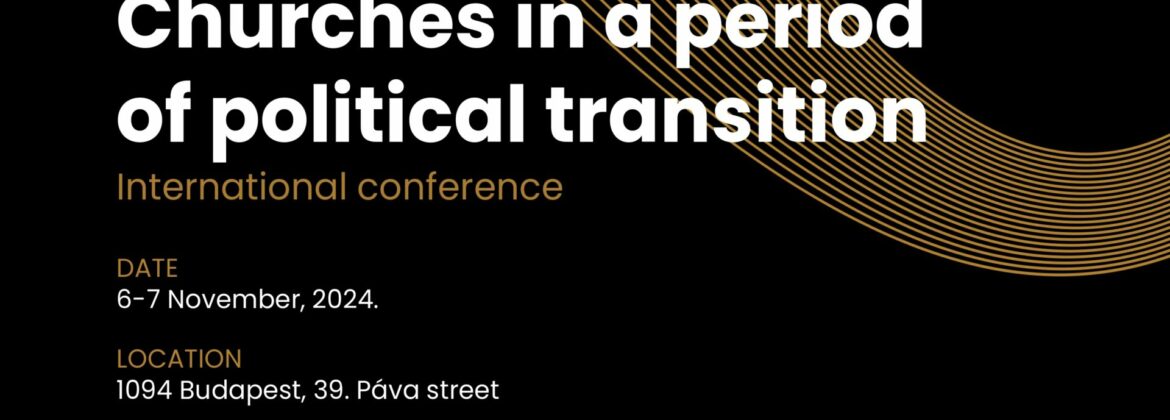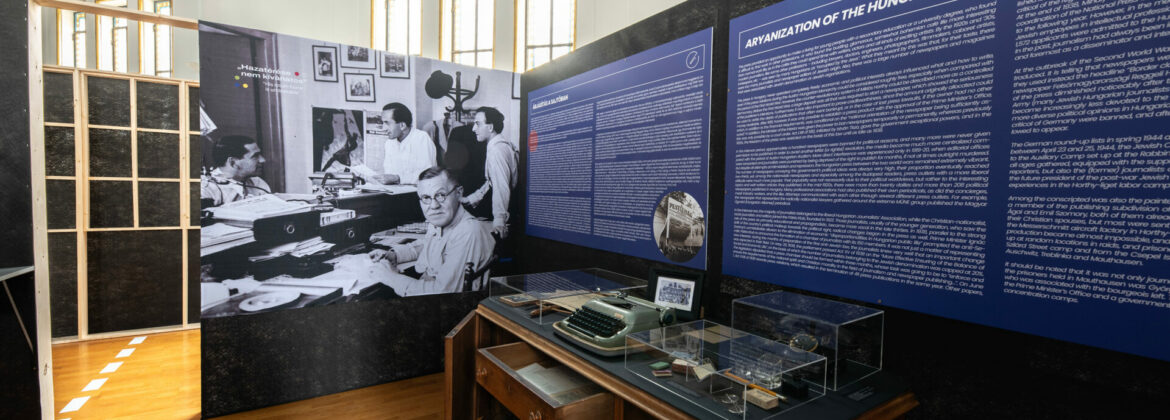WHAT HAPPENED TO THEM? THE FATE OF RESISTERS AND RESCUERS AFTER 1945 II.
The Holocaust Museum and the Committee of National Remembrance cordially invite you to the workshop of WHAT HAPPENED TO THEM? THE FATE OF RESISTERS AND RESCUERS AFTER 1945 II. Date: Monday, 5 May 2025, 10 a.m. Location: Holocaust Museum H-1094 Budapest, 39 Páva St. The language of the event is Hungarian, simultaneous English interpretation will
Men of the Match – Jews and Football Between the Two World Wars
Men of the Match – Jews and Football Between the Two World Wars New temporary exhibition of the Holocaust Memorial Center Compared to Western European countries, football was late to establish itself in Hungary, with the first football balls arriving in the country somewhen in the last quarter of the 19th century. From the turn
Perceptions of the past, historical canons, historical distortion and socialisation.
Call for paper International conference at Holocaust Memorial Center in Budapest Perceptions of the past, historical canons, historical distortion and socialisation. Theoretical approaches to history. 12-13 November 2025. The past can only be grasped in its social and cultural contexts, woven into discourses and canons of memory, with different interpretations and perceptions from group to
The Memorial Day of the Hungarian Victims of the Holocaust
THE GOVERNMENT OF HUNGARY CORDIALLY INVITES YOU TO THE COMMEMORATION ON THE OCCASION OF THE MEMORIAL DAY OF THE HUNGARIAN VICTIMS OF THE HOLOCAUST ON WEDNESDAY, 16. APRIL 2025. AT 11:00 AM IN THE HOLOCAUST MUSEUM. (1094 Budapest, 39 Páva street) WELCOME SPEECH BY: Prof. Dr. Andor Grósz, Chairman of the Board, Holocaust Memorial Center
The Screening of Lackenbach Meine Kehillah
We are cordially invite you to the Screening of Lackenbach Meine Kehillah With the history of the Jewish community of Lackenbach, the new documentary by the Burgenland-based Terra Film, produced by Norbert Blecha, brings a piece of Burgenland’s historical and cultural heritage into the public spotlight. The documentary focuses on the fate of selected individuals
International Holocaust Remembrance Day
The Holocaust Museum in Budapest cordially invites you to the commemoration of the International Holocaust Remembrance Day beginning at 12 am on Monday, January 27, 2025. In 2005, the United Nations General Assembly designated 27 January as International Holocaust Remembrance Day. On this day in 1945, Auschwitz-Birkenau, the largest and most notorious Nazi death camp,
Covered by pictures. Snapshots of the forced labor service book presentation
The Holocaust Museum cordially invite you to the book presentation and the following panel discussion of Covered by pictures Snapshots of the forced labor service The history of the Hungarian forced labor service contains a series of events closely connected to the Holocaust in multiple ways. This unarmed labor service existed for five lengthy years
December opening hours
The opening hours of the Holocaust Memorial Centre will be changed as follows: Last day open: Friday 20 December 2024 First day of reopening: Tuesday 7 January 2025 We wish all our dear followers a happy festive season!
Churches in a period of political transition
The Holocaust Museum and the Pázmány Péter Catholic University Faculty of Humanities and Social Sciences cordially invites you to Churches in a period of political transition International conference – Holocaust Memorial Centre, Budapest In the countries of Central and Eastern Europe, the collapse of the state socialist political regimes and the subsequent disintegration of the
“His return home is undesirable” Ordinary people and the Holocaust
The Holocaust Musem cordially invites you to the opening ceremony of its new temporary exhibition entitled “His return home is undesirable” Ordinary people and the Holocaust Our temporary exhibition aims to give a comprehensive, socio-historical, yet humanistic picture of Jewish persecution in Budapest. By following the lives of members of five different occupational groups, we









